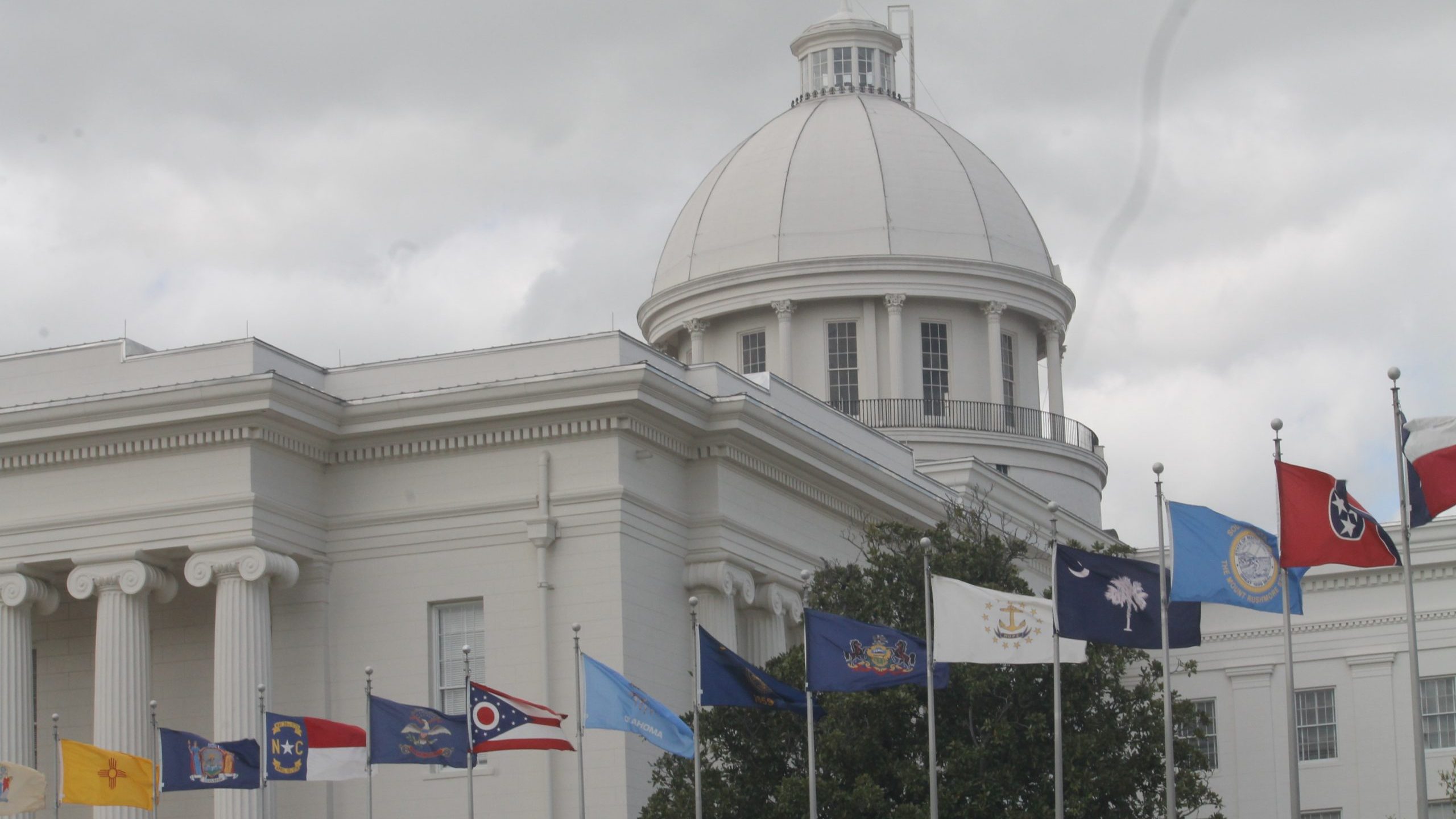
Sometimes it’s easier to start from scratch.
That’s what proponents of gambling in Alabama are counting on with a new sweeping measure authorizing a lottery and casinos unveiled this week. Similar proposals have come up short for years in the legislature.
“Essentially what the plan would do is wipe out all of the existing law when it comes to gambling,” said Todd Stacy, host of Capitol Journal on Alabama Public Television.
Stacy discussed that and other action during the first week of the 2024 Alabama legislative session.
Gambling plan
The measure would institute a statewide lottery, allow up to 10 casinos and authorize sports betting. House leaders said the plan could come up in the House as soon as Thursday. If passed by a three-fifths majority of lawmakers, the proposed constitutional amendment would go before voters in November. Alabama voters last turned down a lottery in a 1999 referendum.
The proposal would put a 24% tax on gaming revenues and a 17% tax on sports betting revenue. An official revenue estimate, prepared by the Legislative Services Agency, was not yet available. Lawmakers supporting the bill estimates it would generate more than $800 million annually.
State revenue would largely be steered to two new state trust funds — a Lottery for Education Fund and a Gaming Trust Fund for other state needs. The legislation lists possible and forbidden uses but largely leaves it up to lawmakers to decide how to allocate the money each year.
The legislation says lottery revenue shall be distributed to education needs including two-year college and technical school scholarships, local school systems and university research programs. The listed uses for other gambling revenue include, but are not limited to, rural health care, roads, bridges, state parks and health care for low-income people.
“What proponents are saying is they really want strong enforcement. They want a strong gambling commission that has teeth,” Stacy said. “[But] there are plenty of Republicans and conservatives who are just against expanding gambling. So you’re going to hear from opponents as they get their voices heard going forward.”
Gambling bills have died for years, traditionally falling short in the House. Todd said this year could be different.
“It’s starting in the House. The Senate is going to wait and see if the House can actually do something,” Stacy said. “And this time the governor has explicitly endorsed the plan in her State of the State speech. It’s no small thing.”
Absentee ballot restrictions
An Alabama Senate committee passed a controversial bill Wednesday that would put new restrictions on absentee ballots. The proposal would make it a misdemeanor to deliver someone else’s absentee completed ballot or distribute an absentee ballot application prefilled with someone else’s name. It would be a felony to give and receive payment for helping people vote absentee.
“Whenever you have legislation dealing with voting, people have opinions about that,” Stacy said. “Especially Democrats who are going to fight tooth and nail to prevent any kind of restrictions on voting.”
Supporters say the change is needed to combat voter fraud, but opponents say it would discourage voting by absentee ballot and particularly affect elderly and rural voters.
Stacy notes the bill was changed after the committee meeting to make it more palatable to Democrats.
School voucher reaction
Gov. Kay Ivey announced her signature piece of legislation Tuesday during her State of the State address – education savings accounts. The proposed $100 million fund would provide up to $7,000 tuition vouchers initially aimed at low- and middle-income families and families of students with disabilities.
“Everyone was curious what would actually be in the bill because there’s a lot of different ways you can do education savings accounts or vouchers,” Stacy said. “What was produced is actually a lot more measured and a lot more incremental than what was proposed last year.”
The bill, titled the Creating Hope and Opportunity for Our Students’ Education Act, or the CHOOSE Act, would allow families earning up to 300% of the federal poverty level — which would be about $77,460 for a family of three — to access the public dollars for private school tuition or other expenses. The income cap would go away after three years, but lower-income families and families with students with disabilities would have priority for receiving funds.
“That’s a lot more measured approach than I think opponents of school choice feared,” Stacy said. “For that reason I think it’s gaining support and will probably, at the end of the day, have plenty of support, at least in the House, to pass.”
Includes reporting from the Associated Press